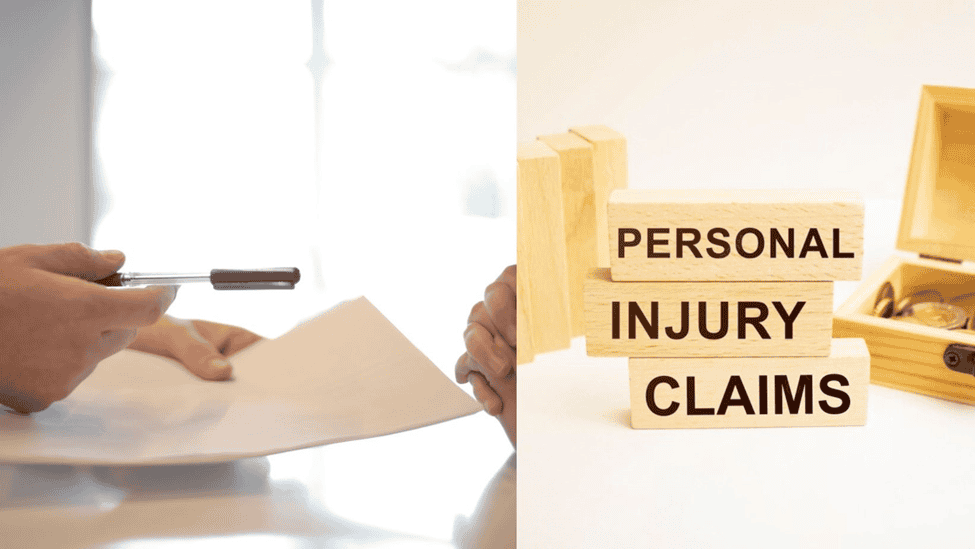| Posted on | Education
When Should You Say NO to a Settlement Offer?
0
24440 Views

In the aftermath of any accident, the involved parties, through the advice of their insurance companies or attorneys, may offer a settlement offer. However, it’s crucial to carefully consider whether accepting it is truly in your best interest or not. Saying no to a settlement offer should be a thoughtful decision based on various factors. Understanding the full value of your claim, evaluating long-term implications, and recognizing the extent of your injuries are vital considerations. Additionally, assessing future medical costs, rehabilitation needs, and non-economic damages such as pain and suffering play significant roles. In such scenarios, consulting with legal experts can provide invaluable guidance in making an informed decision. Hiring an attorney is the best way to get the maximum compensation you deserve.
Why you need to understand the value of your claim before accepting a settlement offer
Before accepting a settlement offer, you need to understand the value of your claim. This understanding allows you to grasp the full extent of your losses and the compensation you rightfully deserve. Thorough investigations to determine fault and assess all possible effects of the accident are essential. They uncover hidden damages and future expenses, such as medical bills and lost wages, which may not be immediately apparent. By comprehending the true value of your claim, you can negotiate from a position of strength and ensure fair compensation for your injuries and suffering. Rushing into accepting an offer without this understanding may result in inadequate compensation for your losses.
Recognizing the full extent of your injuries and their long-term implications
Recognizing the full extent of your injuries and their possible long-term implications is vital for your recovery and legal case. To understand their extent and effects, you can take the following steps:
- Seek immediate medical attention to diagnose and document all injuries, even seemingly minor ones.
- Follow through with the prescribed treatments and therapies to ensure proper healing.
- Keep detailed records of medical bills, prescriptions, and any other related expenses.
- Consulting with a personal injury lawyer is crucial; they can assess your case, handle negotiations with insurance companies, and represent you in court if needed.
You need not to worry about upfront costs; reputable firms operate on a contingency fee basis. This means they only get paid if you win your case. With their expertise and support, you can pursue fair compensation for your injuries and future needs confidently.
Weighing future medical costs and rehabilitation
When considering a settlement offer, it’s crucial to weigh future medical costs and rehabilitation needs. Often, initial settlement offers may overlook these expenses, leaving you undercompensated for long-term care. To properly assess future costs:
- Consult with medical professionals to estimate ongoing treatments, therapies, and potential surgeries.
- Keep in mind any necessary assistive devices or modifications to your living environment.
- Consider the duration of rehabilitation and its impact on your ability to work and quality of life.
- Document these projections and discuss them with your personal injury lawyer. They can help negotiate a settlement that accounts for these future expenses, ensuring you receive adequate compensation for your continued care and recovery.

Non-economic damages
Considering non-economic damages like pain and suffering is essential when evaluating a settlement offer. While financial losses are tangible, the emotional and physical toll of an accident is equally significant. You also deserve compensation for the pain, trauma, and inconvenience you may have endured. You need to document the impact of the accident on your daily life, including any emotional distress, loss of enjoyment, or mental anguish. These non-economic damages can greatly affect your well-being and quality of life long after the accident. When negotiating a settlement, ensure that these intangible losses are accounted for and valued appropriately. This is where your personal injury lawyer can come in and help quantify these damages and advocate for fair compensation, recognizing the full extent of your suffering.
